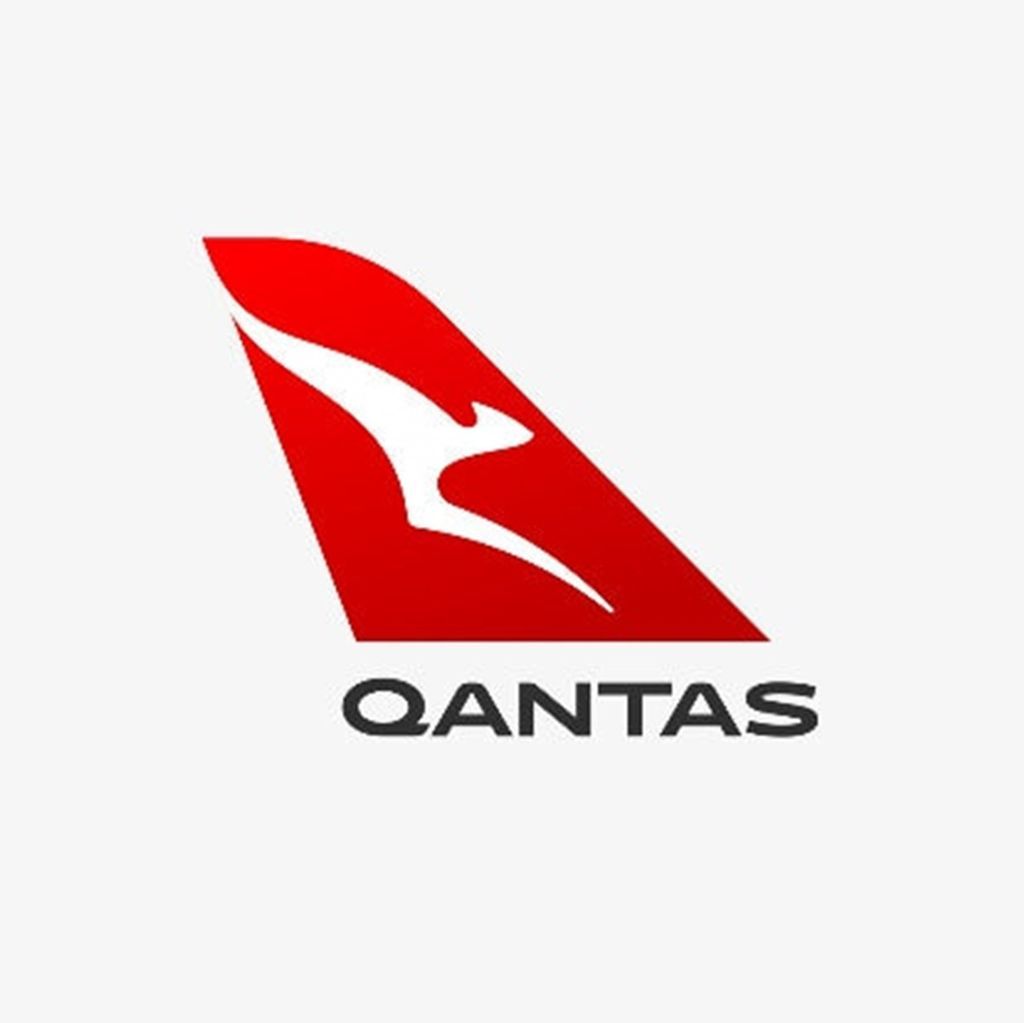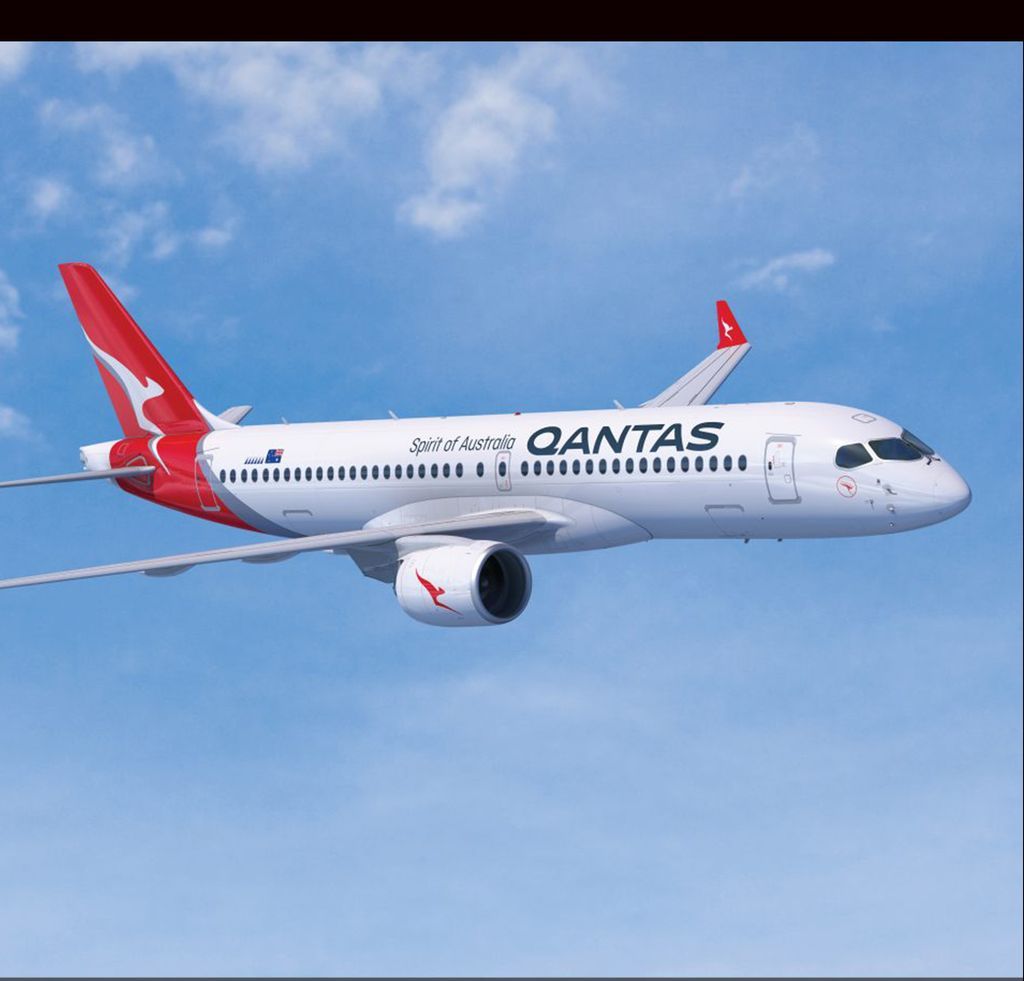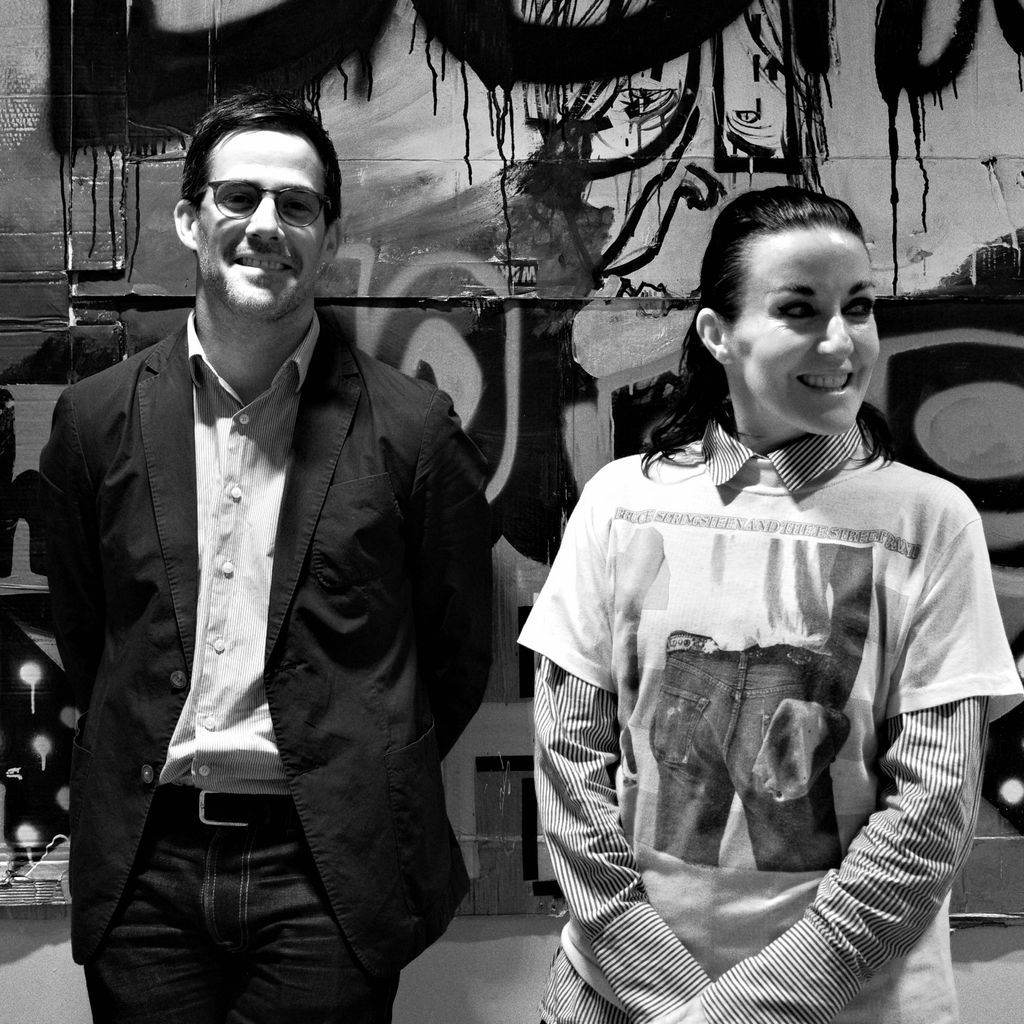

Pic: Midjourney
Editors' Note: Many Fast News images are stylised illustrations generated by Dall-E. Photorealism is not intended. View as early and evolving AI art!

Qantas profits drop,
Investments in customer care,
Reputation soars.

Qantas profits drop 28% to $1.251bn as the airline talks up customer, employee efforts
Qantas has counterbalanced a 28% drop in its full-year profits to a net $1.251bn with a narrative around stronger customer satisfaction and reputation scores across both Qantas and Jetstar brands and improved employee attrition rates.
The ASX-listed Australian airline reported a 16% drop in underlying profit before tax of $2.078bn, along with a statutory net profit of $1.251bn, a drop of $493m. The numbers were impacted by a 3.1 percentage point drop in operating margin to 10.4%. Across the group, Qantas revenues reached $23.402 billion.
According to the airline, overall earnings reduced compared to last year as fares moderated with the return of market capacity, spending on customer initiatives increased and freight experienced reductions notably in the first half. The figures also reflect an 8% reduction in group domestic fares compared to last year, plus a 10% drop in international fares adjusted for inflation and as capacity normalizes.
Qantas has invested $230m over the year to address customer pain points, with 120 initiatives stretching from better contact centre resourcing and training, increasing the number of redeemable rewards seats, more compensation and refunds for outstanding credit voucher holders leftover from the Covid pandemic. Such investments kicked off after Qantas was forced to settled with the ACCC and pay a $100m penalty, admitting to misleading customer practices in relation to flight cancellation processes.
In its FY24 presentation Qantas was highlighting the improvements to its scores off the back of the efforts, including +12% uplift in its reputation score since September 2023. It also reported a +22 lift in Qantas NPS and +19-point lift in Jetstar NPS from Q2 to Q4 2024.
Employee engagement has been another huge problem for the airline, which remains locked in a legal battle with the ACCC for breaches of the Fair Work Act pertaining to its ground handling staff outsourcing.
Coinciding with the release of the results, Qantas confirmed it's supporting the Flight Attendants Association Australia's three Same Job Same Pay applications for shorthaul cabin crew with the Fair Work Commissions. The airline said it had also reached an in-principle agreement with the FAAA around its longhaul cabin crew that will see 2500 crew receive pay increases. Jetstar isn't yet finalised by there are applications under review. The news comes eight months after the Labor Government passed its Same Job Same Pay legislation and will cost Qantas about $60m.
In the latest financial report, Qantas said group attrition declined in the past 12 months from 8.4% to 6.3% in June 2023, while engagement had grown +2% to 64% over the same period. It's also announced an extra $500 travel credit voucher for its 23,000 employees this week.
Financial figure breakdown:
Within the Qantas group figures, domestic revenue was up 4 per cent to $7.241bn, with underlying EBIT sitting at just over $1bn, down 16% year-on-year. Operating margins are sitting at 14.7%, down 3.5 percentage point from FY23.
Qantas international including freight had a more sizeable 12% increase in revenue to $8.666bn off the back of a 30% leap in capacity growth, although underlying EBIT was down 39% to $556m, largely as a result of first-half freight earning challenges and the customer investment.
Jetstar's revenue was up 16% to $4.922bn, with underlying EBIT also up by 23% to $497m. Within this, Jetstar's international network delivered underlying EBIT of $199m. The group noted it sold about 12 million fares below $100 in FY24.
Qantas Loyalty revenue was another double-digit revenue growth driver, lifting 18% to $2.573bn with underlying EBIT of $511m and an operating margin of 20%. Qantas attributed the strong results to higher usage first and foremost, highlighting 46% of members engaged with the program through at least two products in FY24.
Helping deliver this engagement was more personalised marketing and member engagement that leveraged AI, including next-best actions in the Qantas app. The relaunch of the Qantas Mobile App was given credit for a 20% year-on-year uplift in customer engagement, work which included a flight status tracker and baggage tracking plus a redesigned homepage and trips.
In addition, there was a 12% increase in total flight rewards booked using Qantas points, a figure driven by the launch of Classic Plus Flight Rewards, and Qantas said more than 9 billion points had been redeemed on Classic Plus Flight Rewards since launch.
In all, 171m billion points were redeemed over the year, a 10% increase on FY23. Qantas now has 16.4m Frequent Flyer members, 8% more than this time last year.
Commenting on her first full-year financial results as chief, Qantas Group CEO Vanessa Hudson said the airline's balance sheet was strong, and customer and employee engagement efforts were starting to pay off.
"This result shows the underlying strength of the Group's integrated portfolio. Qantas benefited from increased corporate and resources travel and ongoing high demand for international premium seats while Jetstar delivered its highest result as it grew to meet increased demand from price-sensitive leisure travellers and saw the benefits from its new aircraft," she said.
"The introduction of Classic Plus, with millions of frequent flyer seats, helped drive member engagement and strong earnings for Qantas Loyalty. The investment in operational reliability and customer initiatives delivered a positive improvement in on time performance and customer satisfaction with Qantas ending the year as the most on time major domestic airline."
Hudson said the focus over the past year has needed to be on getting the balance right in delivering for customers, employees and shareholders while strengthening the group.
As a result of the latest financials, Qantas is initiating a $400m share buyback.
Investments in its largest-ever fleet renewal program now underway are the next thing the CEO has in her sights to drive Qantas forward. Qantas received 11 new aircraft during the year increasing capital expenditure to $3.1bn.
Qantas also included a number of customer data points in its FY24 presentation to highlight the continuing strength of travel plans in Australia despite the macro-economic conditions, including its quarterly intention trackers, which showed 61% plan to fly in the next 12 months domestically and 49% internationally.
"Our strong financial performance and balance sheet will allow us to continue to invest in our largest ever fleet renewal program, which will benefit our customers and people, as well as delivering shareholder returns," Hudson said. "These investments come at a time when Australians are continuing to prioritise travel over other spending categories, with intention to travel over the next 12 months remaining high.
"I want to thank every one of our people for the professionalism, hard work and commitment to delivering for our customers."










